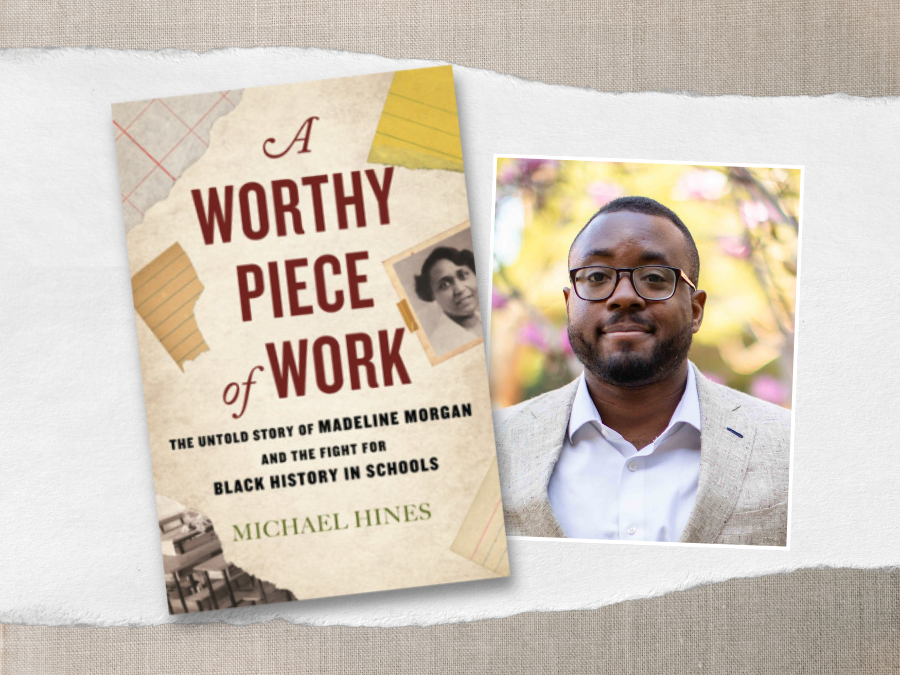As part of the Zinn Education Project’s Teach the Black Freedom Struggle online people’s history series, historian Michael Hines joined Cierra Kaler-Jones, Rethinking Schools executive director, and Jesse Hagopian, Rethinking Schools editor and high school teacher, to discuss his book, A Worthy Piece of Work: The Untold Story of Madeline Morgan and the Fight for Black History in Schools.
Several Teaching for Black Lives study group members were in attendance. Here are a few comments they shared in their evaluation:
Study group members were still buzzing about the session weeks later. During a monthly check-in session for Teaching for Black Lives study groups, Hagopian played the audiogram from the session below. Hines discusses “historians without portfolio” and the critical, often overlooked work of classroom teachers in the history of the Black education struggle.
An educator from White Bear Lake, Minnesota, said the class “was phenomenal” and a coordinator said the additional resources and classes are supporting the momentum of their group.
A study group member from San Juan, Puerto Rico, resonated with Hines’ words and shared a childhood story that illustrated how her mother inspired her “to fight for the freedom to know our history. . . to tell the names of the women who were fighting.”


